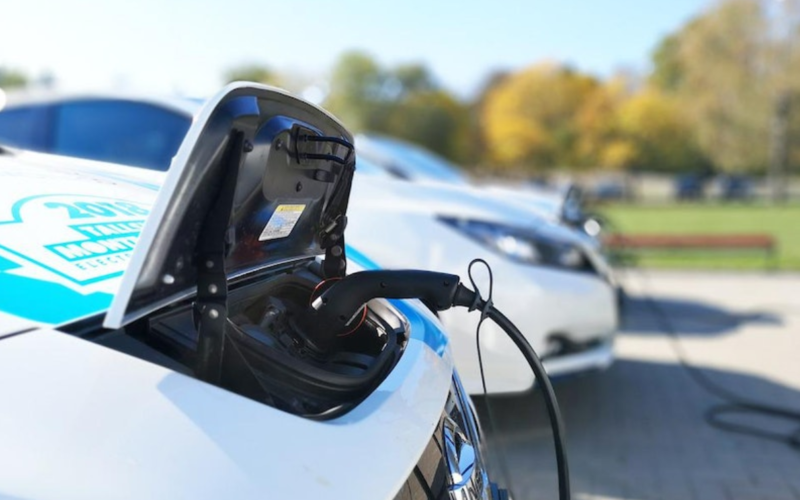In the ever-evolving landscape of electric vehicle (EV) production, Europe finds itself significantly lagging in the race to secure crucial raw materials indispensable for the manufacturing of electric car batteries. Industry experts assert that the continent is “miles behind” in comparison to other regions, highlighting the urgent need for strategic initiatives to address this shortfall and secure a sustainable supply chain for the burgeoning electric vehicle market.
The increasing global demand for electric vehicles, driven by environmental concerns and the transition to cleaner energy sources, has intensified competition for essential raw materials. These materials, including lithium, cobalt, nickel, and rare earth elements, play a pivotal role in the production of high-performance batteries that power electric cars.
Despite Europe’s ambitious goals to transition to electric mobility and reduce dependence on traditional combustion engines, the continent currently faces a critical challenge in sourcing these vital materials. Analysts point to factors such as geopolitical complexities, regulatory hurdles, and a lack of domestic reserves as key contributors to Europe’s trailing position in this competitive race.
Efforts are underway to address this disparity, with European policymakers, industry leaders, and environmental advocates emphasizing the need for strategic investments and partnerships to secure a stable and sustainable supply chain for raw materials. The development of local extraction projects, recycling initiatives, and diplomatic collaborations with resource-rich nations are among the proposed solutions to enhance Europe’s standing in the global competition for electric vehicle battery components.
It is crucial to recognize that the insights shared in this article are sourced from industry experts and analysts, highlighting Europe’s current position in the race for raw materials essential to electric car batteries. By acknowledging the existing challenges and proposing potential solutions, this report aims to contribute to the ongoing discourse surrounding the imperative for Europe to catch up and actively participate in shaping the future of electric mobility.








